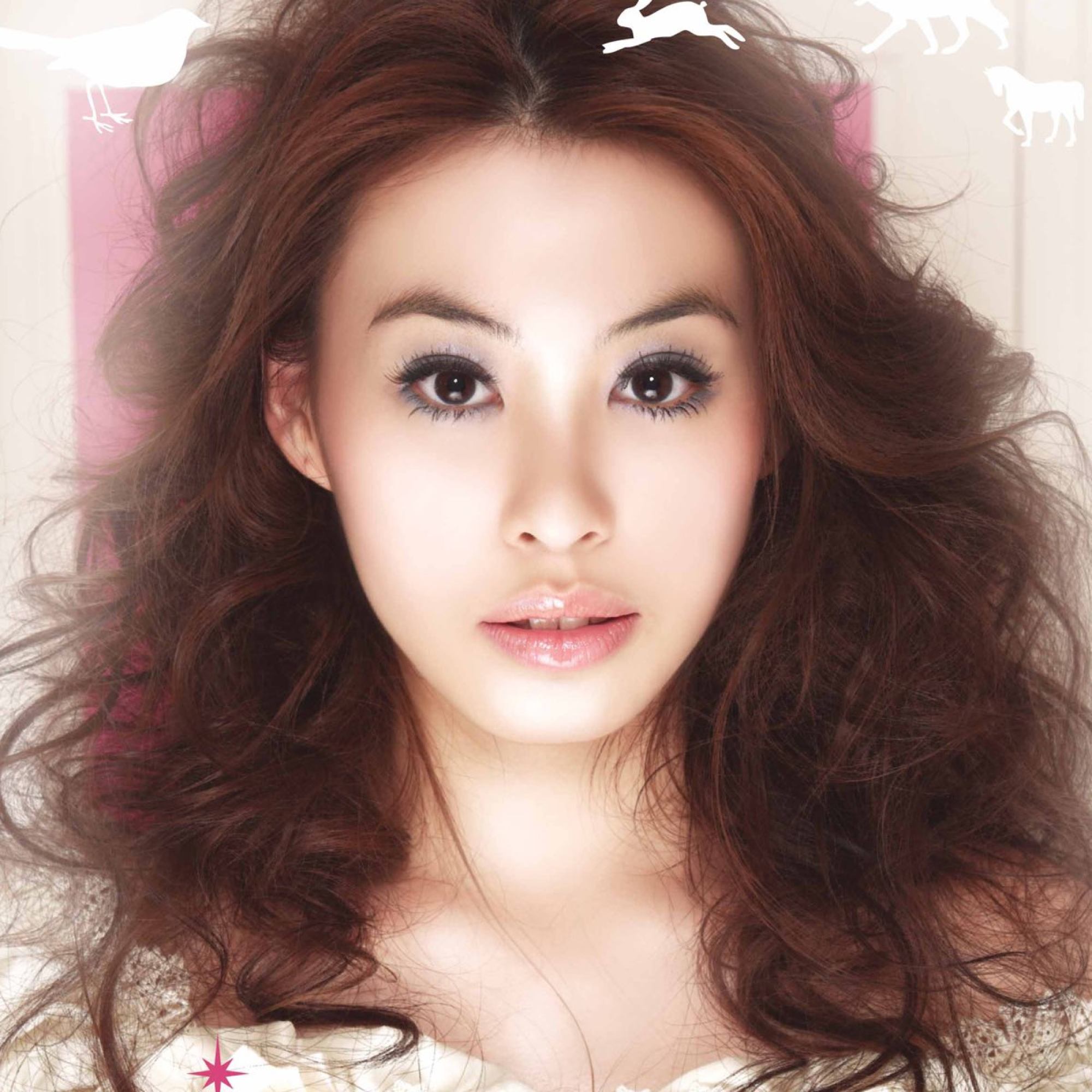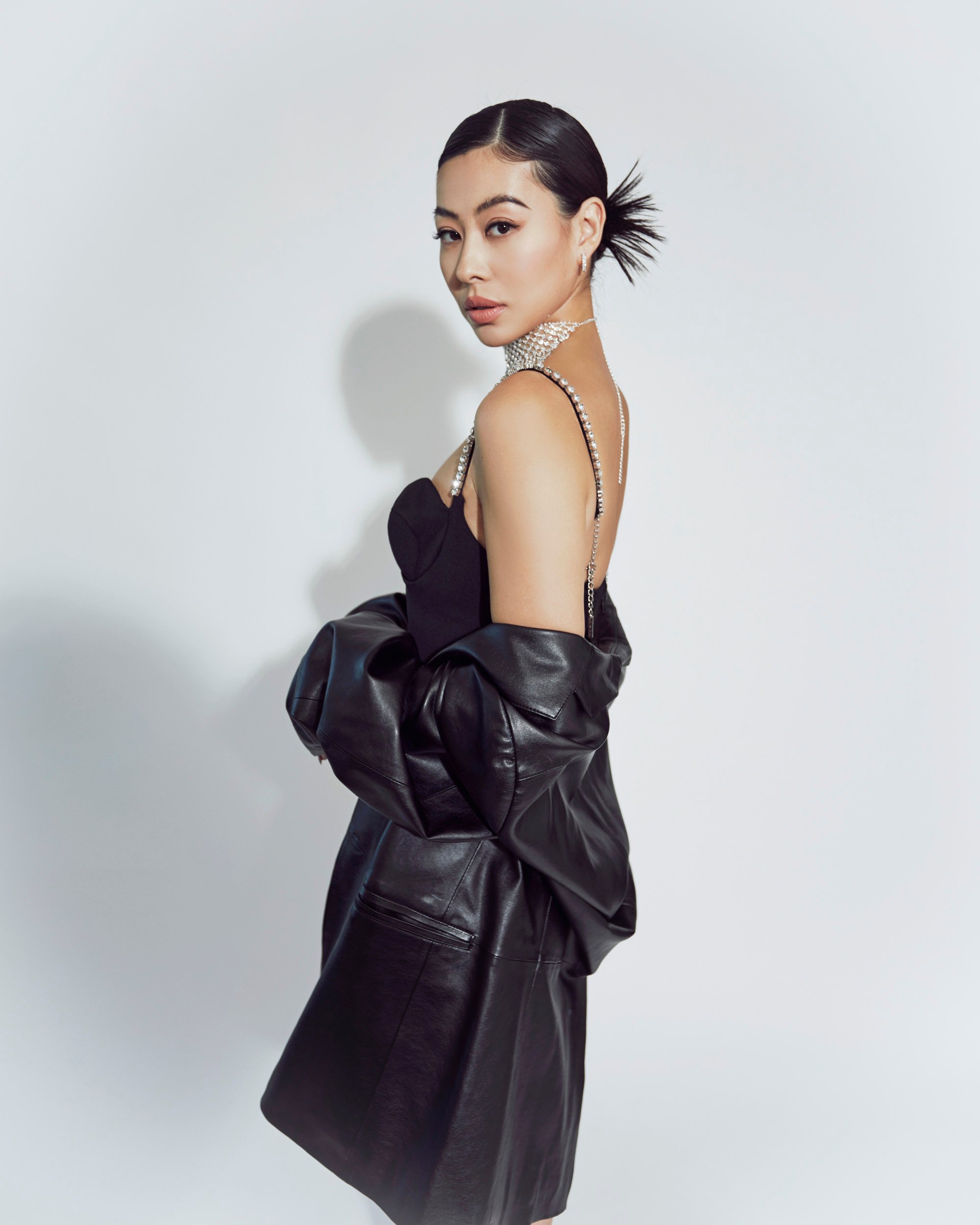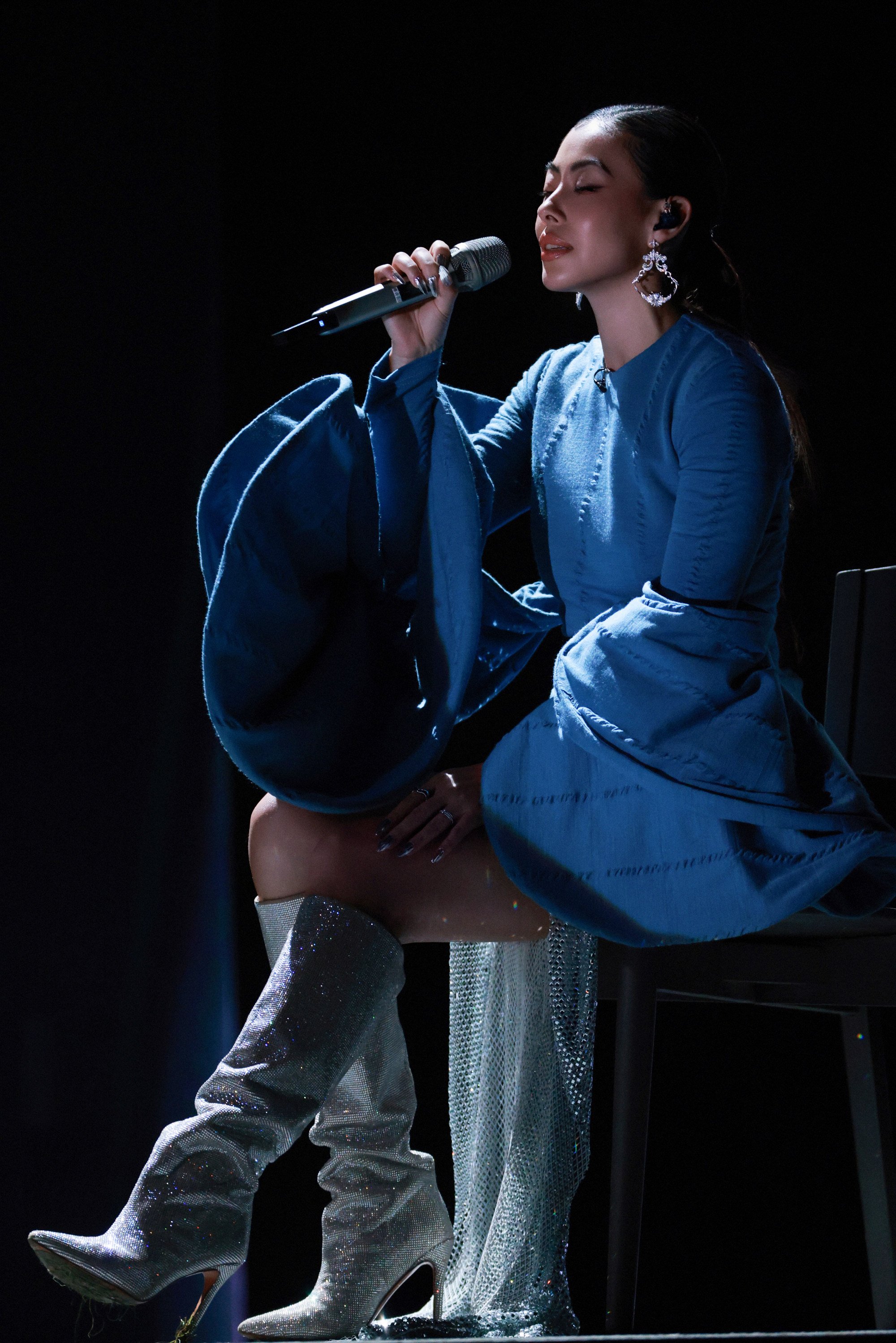Epitomised by her sweetheart appearance in D-doll (2007), Choy was marketed as a pop princess, which deviates considerably from her tomboyish temperament in real life.

Having grown weary of a lack of creative control, Choy left the label and pursued modelling for two years, but she found the pressure to control her weight equally debilitating.
However, fateful encounters with taste-making musicians, such as Singaporean producer Ezekiel Keran, inspired Innermost (2016), Choy’s first release under her new moniker, Dizzy Dizzo.
While Choy is happy discussing her ensuing self-written and self-produced records, she is not at all insecure about her commercially driven, pop idol era.
“They’re both me, so I don’t feel like whatever I did before is something that I regret,” says the rapper, on a video call from Taipei. “Everyone’s road and path in music is different. It’s just that the music back then catered to a different type of market.
“Personality-wise, I feel like I’m more outspoken now as Dizzy – it’s more me. I can put all of my thoughts into my music, especially in rap – you can speak your mind and it’s very much about artistic freedom and honesty.”

Choy’s latest album, Spiral, released in December, is her most experimental, blending her incisive verse into various genres, including trap, dance, electronica and alternative R&B. Veering from the mainstream comes with commercial concerns, but not enough to make her risk-averse.
“I’m fine with it because I’m not going to do something that I’m not able to do well or is not very me,” she says. “I did that when I came into the industry – being on a label and doing what other people told me to do.
“[Doing that again] defeats the purpose of me creating the Dizzy Dizzo persona.”
Releasing music independently, or not being attached to a big record label, though, has its pros and cons.
“You have more freedom to do what you want, and a lot of control in the music that you do. You can also play with a lot of different sounds, and have everything that you want on an album,” she says.
“But you also have to go back to reality and think of how you’re going to fund the album – the music, videos and promotion all cost money.”
Born to Chinese-Russian socialite Irina Choy and Chinese-Australian architect Dominic Choy, Dizzy lived in Hong Kong and Shanghai, before moving to Taipei.
Her father moved to Australia at 15 years old and worked as a kitchen hand to support himself. He graduated from the University of New South Wales and soon became a sought-after architect, known for incorporating traditional Chinese philosophy into his designs. In 1993, he made it onto the Forbes list of the world’s richest Chinese.

Young Dominique spent much of her childhood in Sydney, listening to the likes of TLC, Lil’ Kim, Missy Elliott, Bone Thugs-N-Harmony, Tupac Shakur and Biggie Smalls, but it was later in Shanghai, where she attended high school, that she really fell in love with the genre.
“It was when I was at high school that I was most influenced by hip hop,” says the Shanghai American School alumnus, “because so many of the people that I was around and hung out with were from Los Angeles and that was the main genre that they listened to back-to-back.
“You have to really grow up listening to hip hop to actually be able to do something in the genre, otherwise it will sound a little bit strange, and I think I’ve listened to it enough to know.”

“The whole of Asia is on my new bucket list. I feel like music is worldly, so wherever I can go and wherever my music can reach – and if I’m welcome to go and perform there – I would,” says Choy. “I’m always excited about new opportunities and to meet all the fans I have in different regions. I love travelling.”

